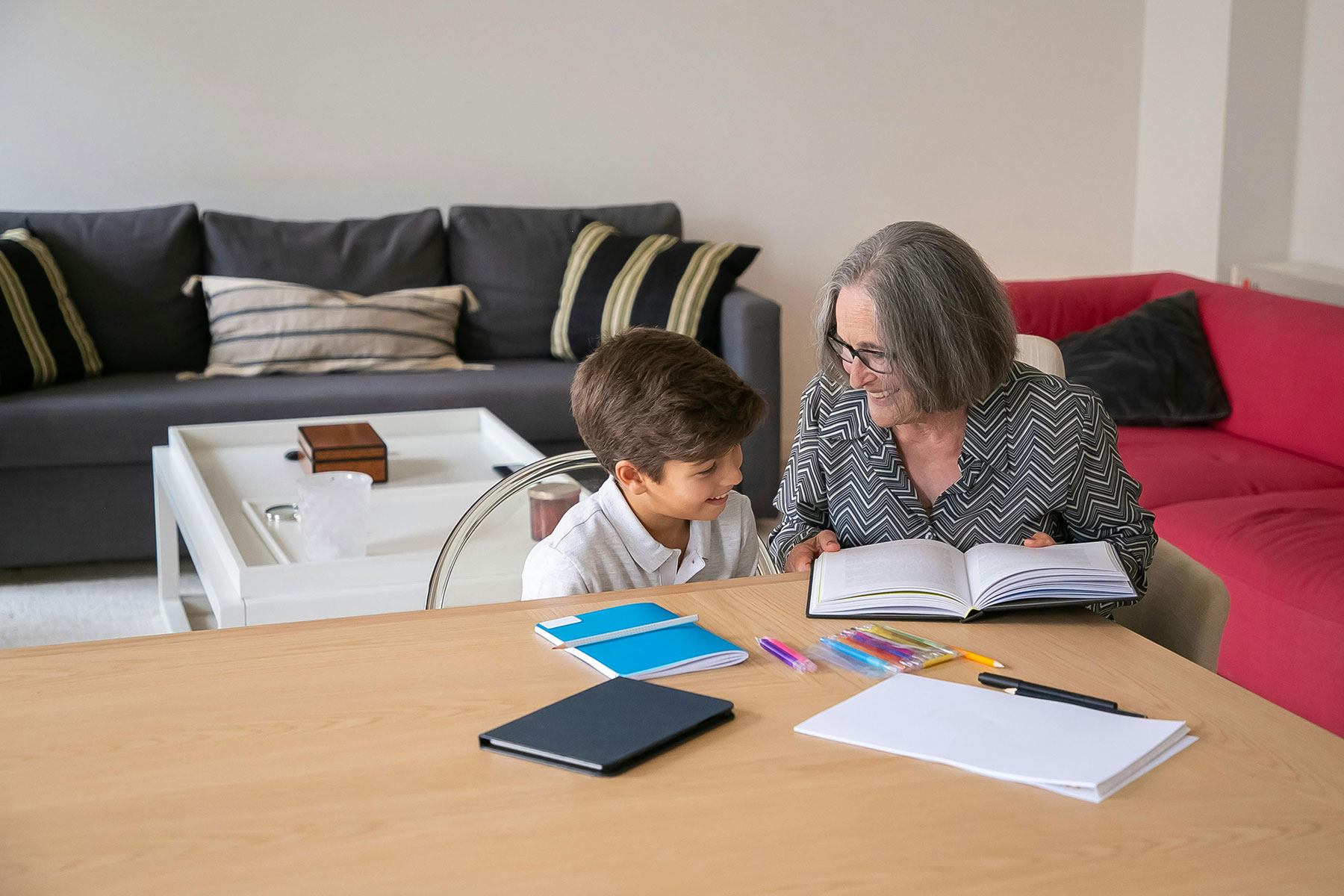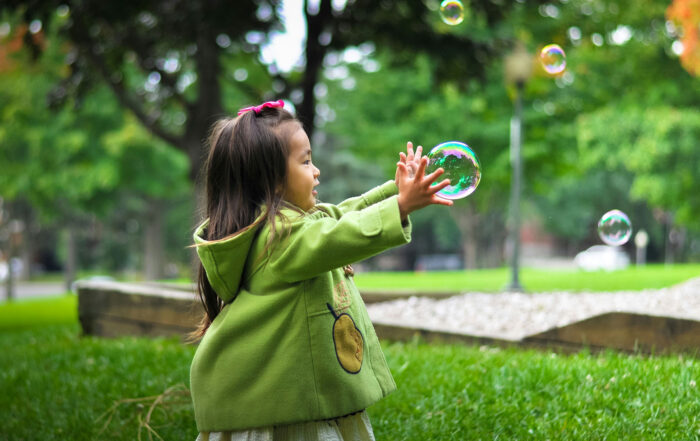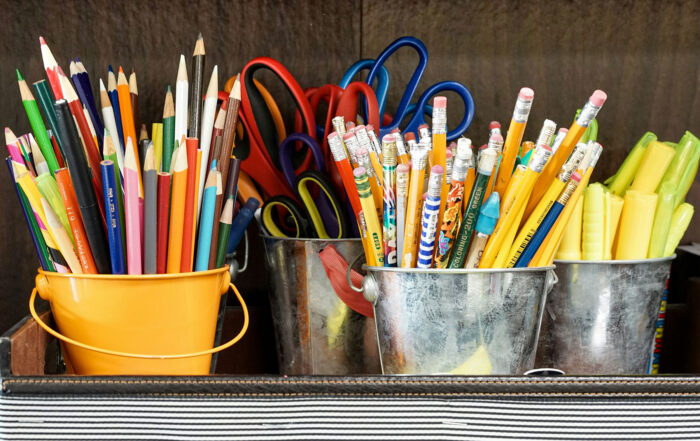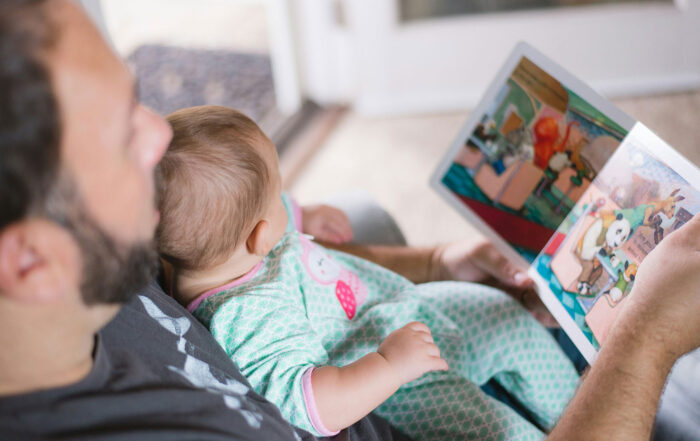
By VICKI ZAKRZEWSKI
If I asked you to tell me what you remembered most about your favorite teacher growing up, I bet you wouldn’t say much about the subject matter. Instead, I’d expect you to describe how he or she made you feel as you learned that subject matter—the sense of excitement or discovery you felt, or the safety to take chances and make mistakes, or the confidence that you were valued as a human being, warts and all.
According to research, few factors in education have a greater impact on a student’s educational experience than a caring relationship with his or her teacher.
One researcher described it this way: Imagine two teachers teaching the same lesson on poetic construction. One is very impatient with students and the other supportive. Knowing only that, we can probably guess which students learned the lesson better.
Science has found that students who have caring relationships with teachers are academically more successful and show greater “pro-social” (or kind, helpful) behavior. A caring teacher can transform the school experience especially for students who face enormous difficulties, such as dropping out or dysfunctional home lives. One student who faced these kinds of hardships told a researcher that the greatest thing a teacher can do is to care and to understand. “Because if not,” he said, “the kid will say, ‘Oh, they’re giving up on me, so I might as well give up on myself.’”
Share This Post!
California Surgeon General on Covid: ‘Greatest collective trauma’ of a generation
By Maanvi Singh When Dr. Nadine Burke Harris was first appointed California surgeon general, she set out to address the toxic stress and trauma plaguing the state’s most vulnerable residents. Then [...]
States Address ACEs and Trauma and Build Resilience
By Anna Heard Adverse childhood experiences (ACEs) are potentially traumatic events that can affect a person’s health, well-being and success into adulthood. The COVID-19 pandemic has exacerbated these dynamics by disrupting [...]
Adult ADHD and Childhood Trauma: Is there a link?
By Keri Wiginton If you’re an adult with ADHD, you’re among millions of other grownups who also live with it. Scientists know your genes play a major role in your chances [...]
Uvalde Shooter exhibited ‘almost every warning sign’ expert says
By Nadine El-Bawab The Texas House of Representatives committee report on the Robb Elementary School shooting revealed the accused school shooter exhibited many warning signs in the years, months and days leading [...]
Traumatic Bonding
By Kelly L. Burns, MA, LPC, ATR-P A traumatic bond occurs when you are involved in an abusive relationship, and the abuser becomes an essential part of your life. Abusive relationships [...]
Ukraine’s First Lady Olena Zelenska Takes On the Trauma Of War
By Simon Shuster/Kyiv lena Zelenska, the First Lady of Ukraine, got to bed late on the eve of the Russian invasion. Her kids were long asleep in the presidential residence south [...]







